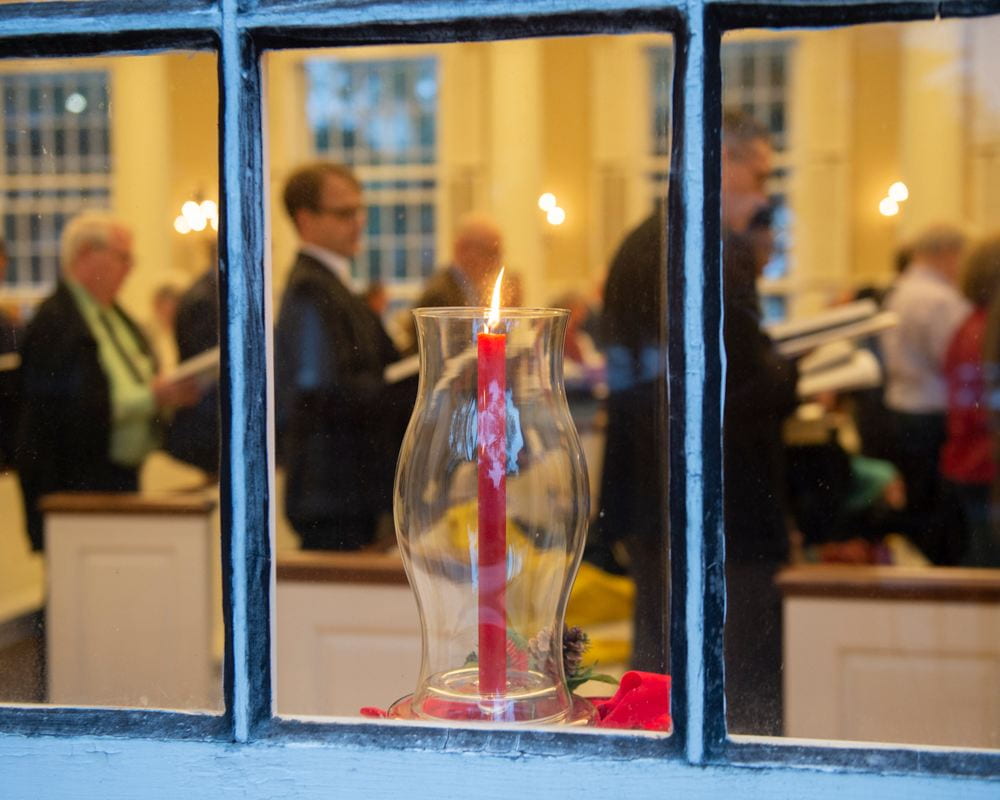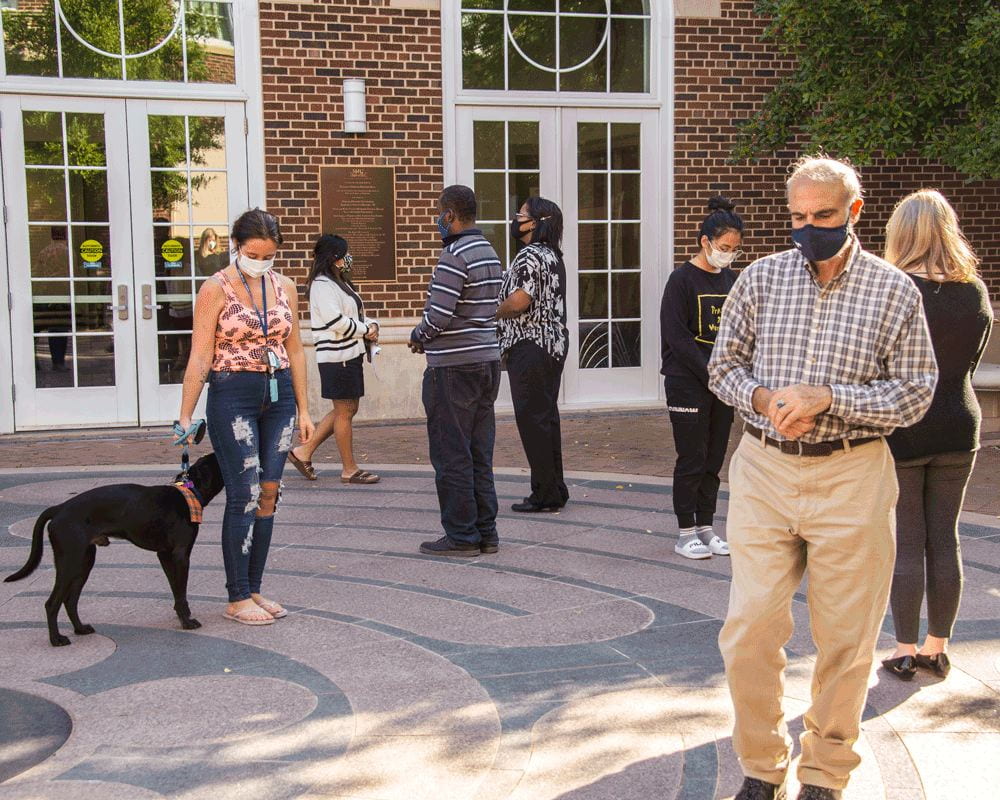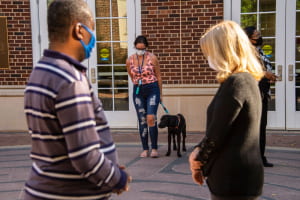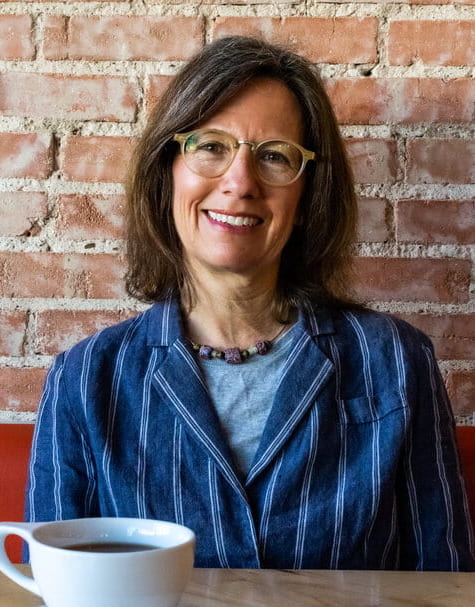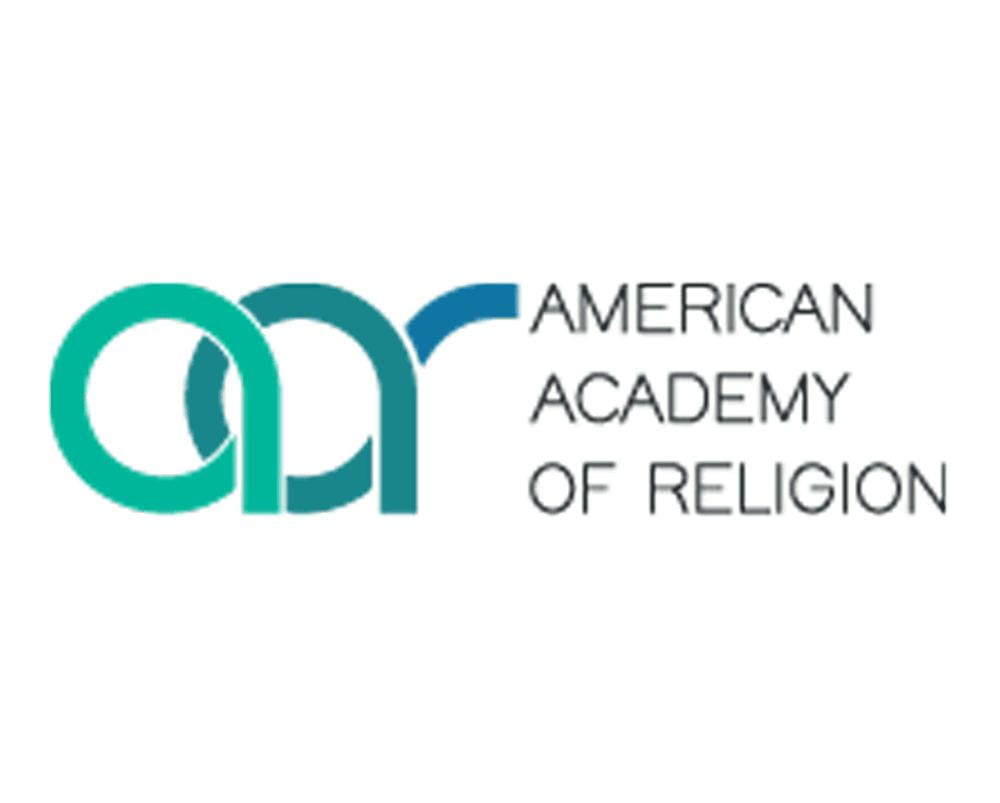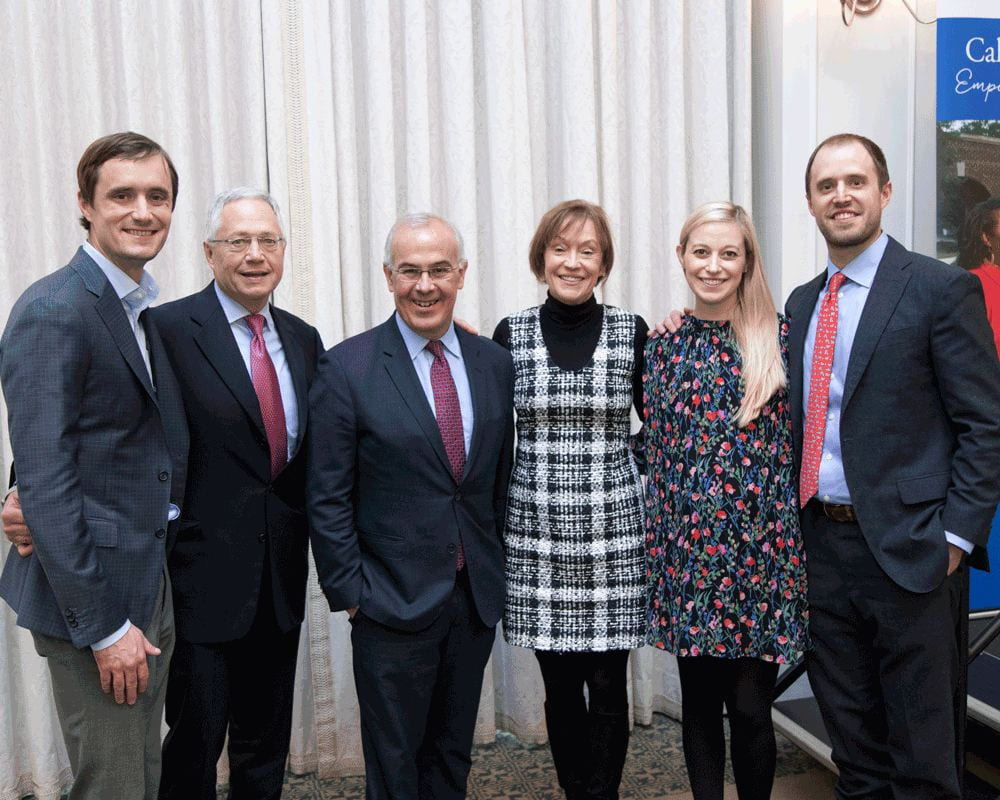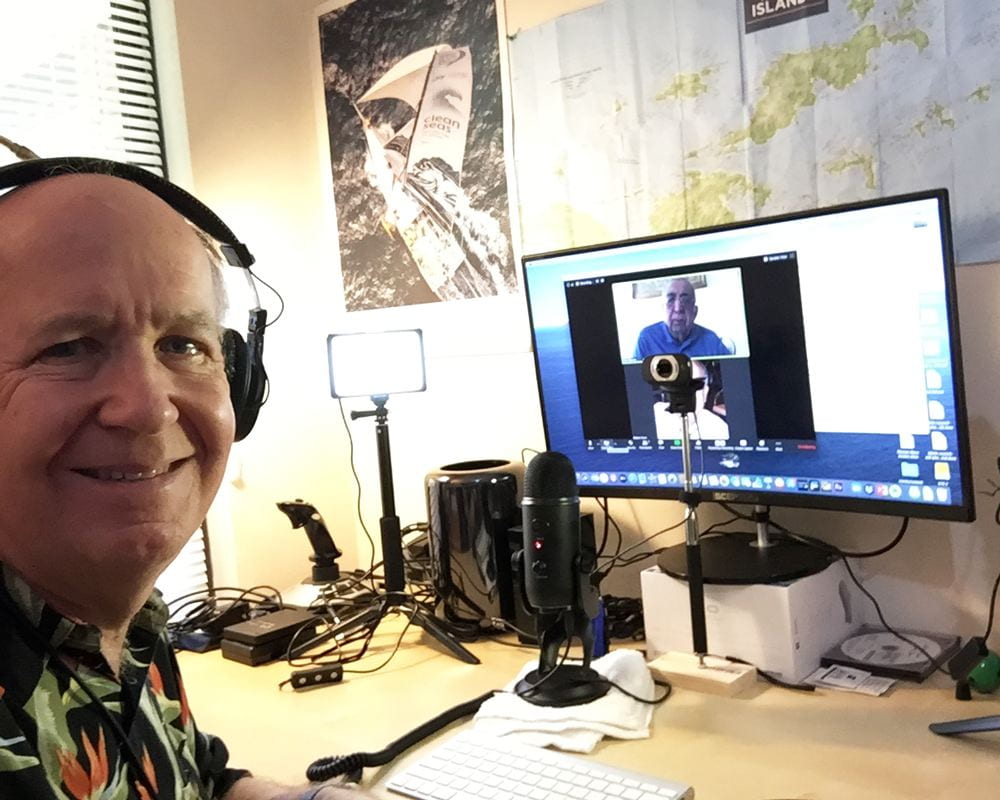Put two women with shared passions for faith and justice in a Zoom room, and you get a fascinating conversation. That’s what happened when the Rev. Dr. Alyce McKenzie spoke with Sister Helen Prejean on October 27, as part of the bigBANG! 2020 conference.
With the theme “Equity in Religion,” the freewheeling discussion ranged from justice in the Christian tradition to the importance of passion in activism and the need to tell compelling, human stories to change hearts and minds.
Sister Helen Prejean is known around the world for her work against the death penalty. Her book Dead Man Walking inspired an Academy Award winning movie, a play and an opera. Her latest book is the prequel: River of Fire: My Spiritual Journey, telling her own story in waking up to white privilege in the Deep South and gender inequity in the Catholic Church.
McKenzie is the George W. and Nell Ayers Le Van Professor of Preaching and Worship at Perkins. The conversation was presented by Dodee Frost Crockett (M.T.S. ’03) and Merrill Lynch.
Passion, Prejean said, has spurred her decades of work for justice. She shared the words of St. Bonaventure (“Ask not for understanding; ask for the fire”) and described the transformative moment when she witnessed, firsthand, the execution of convicted murderer Patrick Sonnier. It left her physically ill.
“What I saw set my soul on fire, a fire that burns to this day,” she said.
McKenzie responded: “When I read your life story, I see the Holy Spirit at work.”
After Sonnier’s execution, Prejean organized marches and wrote op-eds decrying the death penalty. That led to the writing of Dead Man Walking. Without her editor, who helped shape the story, she said, the book never would’ve attracted such wide attention.
The editor convinced her to open the book with a vivid description of the crime that Sonnier committed, abducting and murdering two teens in Louisiana. He also confronted Prejean about her avoidance of members of the victims’ families, who had publicly called for Sonnier’s execution.
“I’d never done this before, so I thought it was better to stay away,” she told the editor.
“It was cowardice, wasn’t it?” the editor replied. “Admit your mistakes. That makes your story human.”
Following his guidance, Prejean was able to bring the reader from horror for the crime itself, to horror for the execution, and then to a spirit of forgiveness. That made the book more powerful, it became a bestseller, “and I’ve been on the road ever since, until COVID-19,” Prejean said.
McKenzie said the power of storytelling in Prejean’s books is similar to that in sermons.
“That’s a powerful preaching technique,” she said. “You can tell people about God all you want, but if you can invite them into a scene, and have them take a seat,” that’s more impactful. At Prejean’s invitation, McKenzie shared an example of scene-setting to preach more effectively. When describing Paul’s teaching about humility in Philippians 2, for example, McKenzie brings listeners into Paul’s prison cell – describing the stench, the chains around his ankles, the noises, the constant anxiety.
Prejean said her newest book, River of Fire, is an effort to help people understand the realities of systemic racism and the poor, based on her experiences living in an African American community in the inner city. There she said, she saw “the other America.”
“I saw what it was like to live without healthcare, and I saw what the police were doing to their young men,” she said. “It was like a different world. People in the suburbs are so separated from the suffering of the poor. When they ask, ‘Why don’t they get a job?’ or ‘Why don’t they keep their kids in school?’, it’s because they don’t understand what intergenerational poverty does to people.”
McKenzie said she hears similar concerns as director of the Perkins Center for Preaching Excellence.
“I talk to pastors who ask about how to preach about systemic racism, when their congregation doesn’t think systemic racism is a thing,” she said.
Prejean noted that pro-life advocates in the Catholic church have often focused solely on protecting the life of innocents – while believing that those who are guilty of crimes deserve to die. Through dialogue with Pope John Paul II, she was able to make progress. But she also noted she found acceptance of her ideas in United Methodist churches. McKenzie mentioned the historic Wesleyan commitment to “social holiness” as well as the official United Methodist opposition to the death penalty.
“Methodists have welcomed me,” Prejean said. “I’ve done more talks in Methodist churches than Catholic churches.”
McKenzie ended the conversation by sharing a paraphrase of two verses from Psalm 41 she had read in a devotional earlier that morning.
“Blessed are they who have concern for the poor.
In time of trouble, the Lord will rescue them.
In their integrity God upholds them,
And sets them in God’s presence forever.”
“These verses describe you!” she told Prejean.



